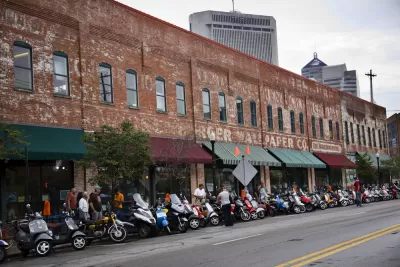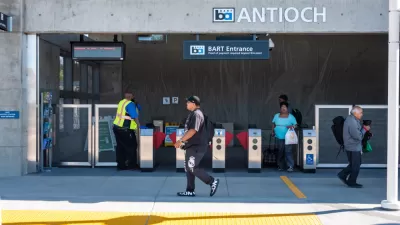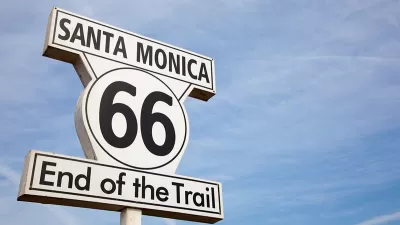Cities that rely on sales and income tax revenues to fund vital local services can expect immediate fiscal consequences from the coronavirus pandemic.

The consequences of the coronavirus pandemic for local government finances depends on whether cities rely on tax sources that respond quickly to economic swings, like sales taxes and income taxes.
The degree to which the fiscal capacity of local governments relies on a healthy economy for revenue depends on the balance of revenue sources, so Michael A. Pagano and Christiana K. McFarland did some analysis to start to anticipate where the economic shock of the pandemic will be felt immediately in the bank accounts of local governments.
“As the crisis unfolds, the impact on cities’ bottom line will be driven not only by overall economic conditions but specifically the parts of the economy where revenue is generated: retail sales, income and wages, and real estate,” according to Pagano and McFarland.
Because the tax structures of cities vary across the country, the consequences of the economic disruption will differ. Cities that rely on property taxes are insulated from the worst effects, for now, according to the article.
The article includes specific information for cities, predicting that Heartland cities like Columbus, Cincinnati, Colorado Springs, and Tulsa can expect the most immediate effects. A map also shows where cities should expect effects in the mid- and longer-term.
FULL STORY: When will your city feel the fiscal impact of COVID-19?

Maui's Vacation Rental Debate Turns Ugly
Verbal attacks, misinformation campaigns and fistfights plague a high-stakes debate to convert thousands of vacation rentals into long-term housing.

Planetizen Federal Action Tracker
A weekly monitor of how Trump’s orders and actions are impacting planners and planning in America.

Chicago’s Ghost Rails
Just beneath the surface of the modern city lie the remnants of its expansive early 20th-century streetcar system.

Bend, Oregon Zoning Reforms Prioritize Small-Scale Housing
The city altered its zoning code to allow multi-family housing and eliminated parking mandates citywide.

Amtrak Cutting Jobs, Funding to High-Speed Rail
The agency plans to cut 10 percent of its workforce and has confirmed it will not fund new high-speed rail projects.

LA Denies Basic Services to Unhoused Residents
The city has repeatedly failed to respond to requests for trash pickup at encampment sites, and eliminated a program that provided mobile showers and toilets.
Urban Design for Planners 1: Software Tools
This six-course series explores essential urban design concepts using open source software and equips planners with the tools they need to participate fully in the urban design process.
Planning for Universal Design
Learn the tools for implementing Universal Design in planning regulations.
planning NEXT
Appalachian Highlands Housing Partners
Mpact (founded as Rail~Volution)
City of Camden Redevelopment Agency
City of Astoria
City of Portland
City of Laramie





























